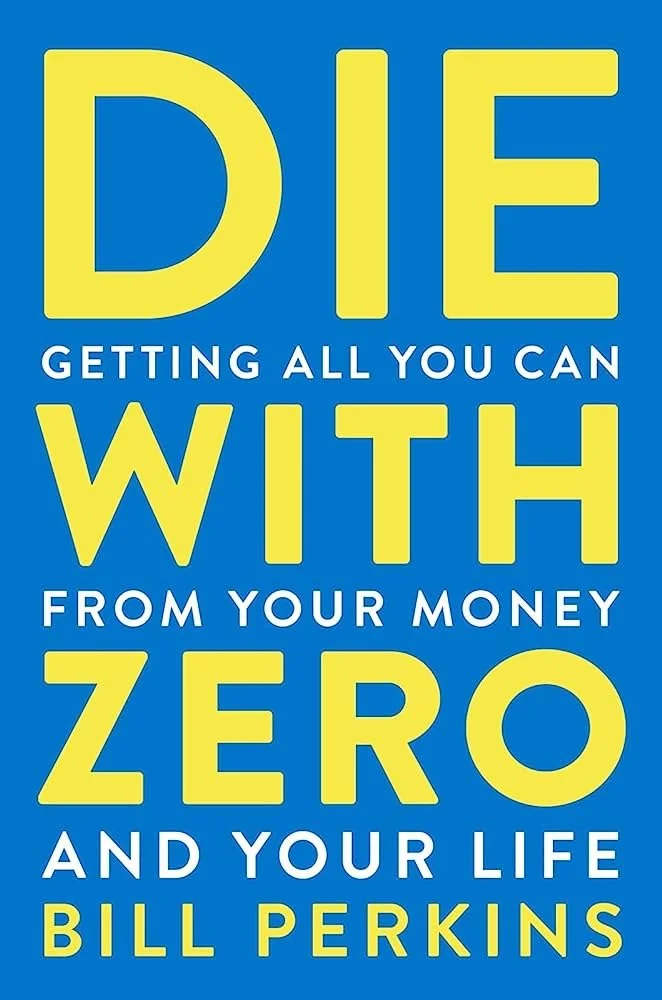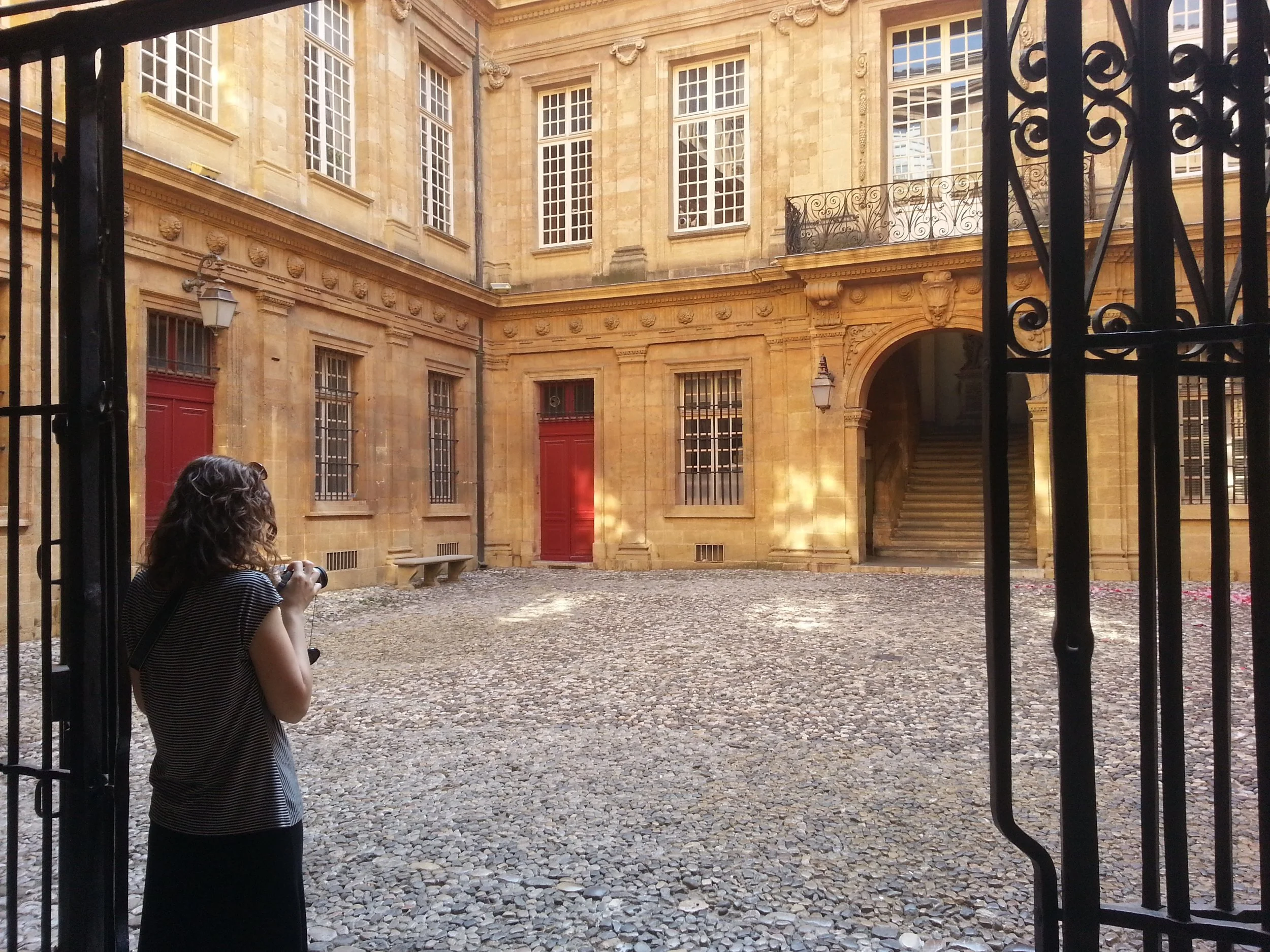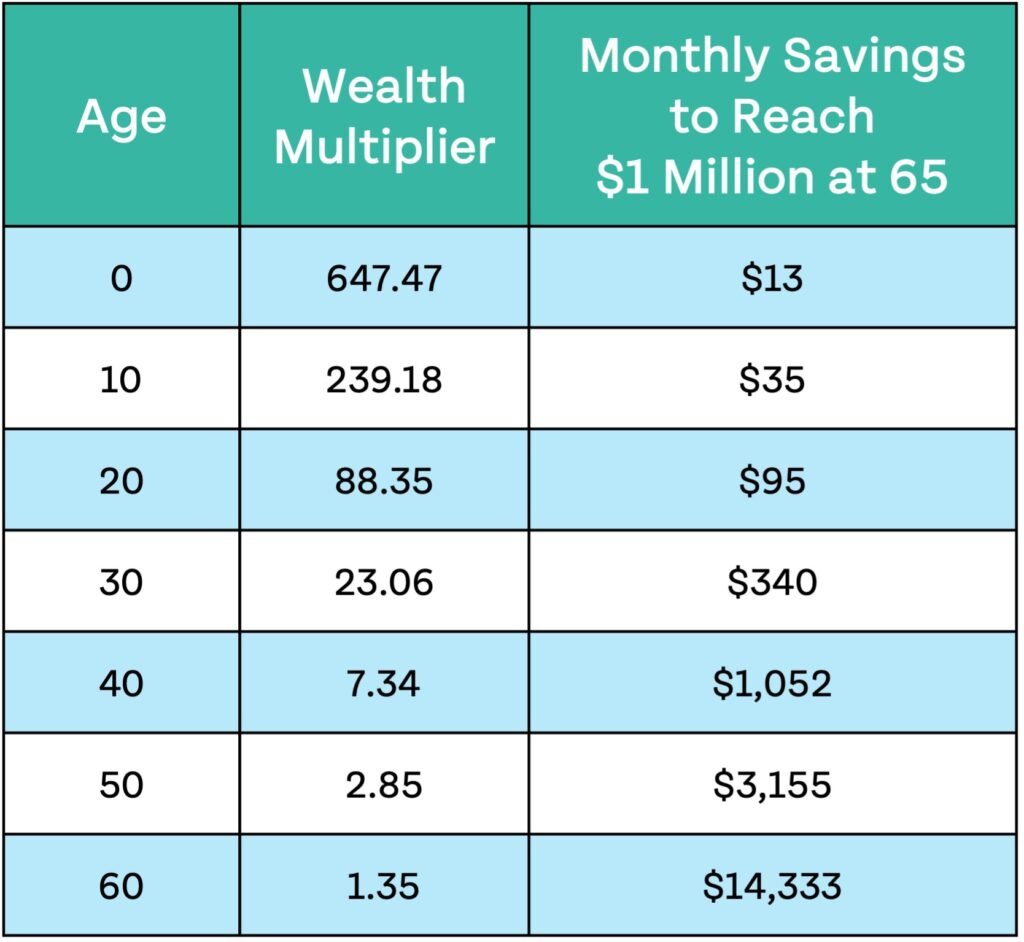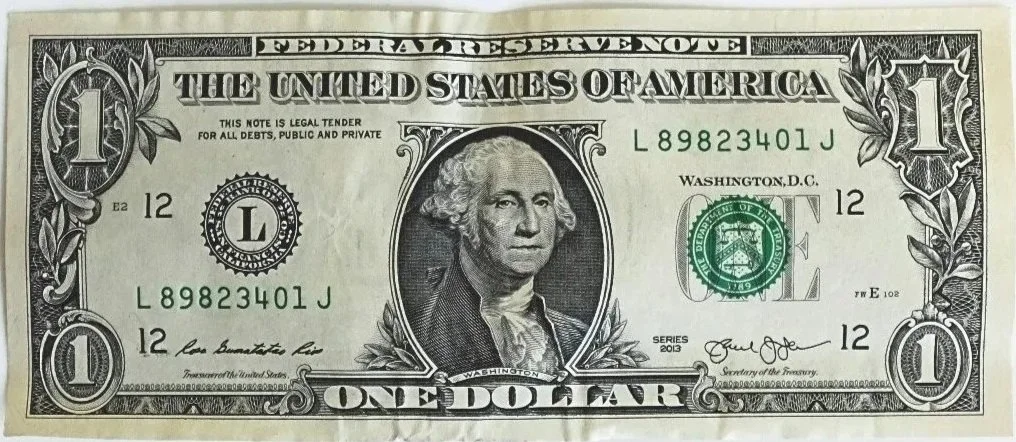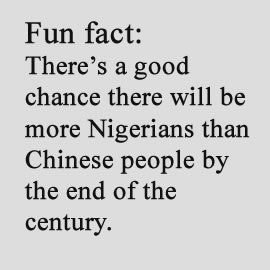Die with Zero: Applied
My “hottest” post so far was a book review — Die with Zero.
Folks read the post. Many sent their takeaways. One guy even put it into a sermon.
All well and good. But it’s one thing to learn a few new ideas- it’s a whole different beast to let ideas change our beliefs- and our actions. Here are three ways I’ve attempted to “pull this book through my life.”
Change 1: I Sold All of My Real Estate
It’s not a great time to be selling houses. And trust me when I tell you that I did the math. Smart people rightly questioned me: “You’re going to give up a 3% interest rate?!” “Why are you selling in this market? Just wait a few years…” “Why would you hand over six figures in taxes to our insane federal government?!”
They weren’t wrong. Selling didn’t make sense last year- unless you’d read Die with Zero.
Statistically, my life is half done. I’m approaching 40 and my nine-year-olds are halfway out of the house. These are the good ol’ days.
Do I really want to spend this time fixing toilets and chasing tenants just to make more money for some hypothetical future date? When I was 25, I was penniless, but I had loads of time and energy for fixing old houses. In midlife that equation has completely flipped.
So while selling my rentals this year looked silly on the spreadsheet, in reality unloading them during this crazy/stressful/rich/impactful time was a no-brainer decision for my life. While I lost 20% of my net worth, I gained back 20% of my brain (more on real estate taxes and fees in a future post). What’s more, I scooped a heaping spoonful of time, energy and freedom onto the plate of these “peak” years.
And with this newfound freedom...
Change 2: We’re Moving(ish) to Europe
We’ll be living in Europe from January through July next year.
I could list a thousand reasons not to do this, financially and otherwise. But like Bill taught us, memories have dividends. Just like investing, when you do something might be more important than what you do.
As I picture 90-year-old Brett, sitting next to his gold-plated bedpan checking his Vanguard account, I wonder how much ‘wrinkly Brett’ would give to go back and take an epic potentially-life-changing adventure with his young family. Would 90-year old Brett tell me to go?
At its core, this trip is a bet. I am betting that I know exactly what he would say.
Change 3: What About the Kids?
Having read Die with Zero, I’m not interested in giving my kids a massive inheritance when they’re 70- especially at the expense of helping them when they actually need help. Instead, I want to push any financial help we give them into a time when they can actually use it. Or as Bill would put it, the age of the “peak utility of money”. Practically, the question I’m asking is: “How can I take a little of the pressure off of my kids when they’re 35?”
Recent changes to the tax code help. Starting this year, 529s are convertible into a Roth IRA. Next year, you will be able to set up a tax-free “Trump” account for your kids.
You don’t have to be a billionaire to help your kids massively- you just have to think ahead. At historic rates, every $1,000 you invest for a ten-year-old will equal about $240,000 when they retire. Or how about this one: A mere $1,545 invested for a newborn will grow to $1,000,000 by the time they retire. Note: Please stop and read that last sentence again- slowly.
My goal isn’t to set my kids up for “easy street”, but rather to take some of the heat off in mid-life when time, energy and money are most scarce - and most useful. I’ve started to do this with very small investments. My goal is to help with the things that are becoming increasingly difficult: college costs and saving for retirement. With those monkeys at least partially off their back, I wonder: how might that change their lives?
Conclusion
Money is a tool for your life. Not the other way around.
For me, applying Die with Zero hasn’t meant “burning through cash like a rockstar”. Rather, it’s simply been asking “Why am I so willing to trade heaps of scarce 38-year-old time and energy for a speculative 70-year-old Scrooge McDuck reality?”.
It’s been recognizing flaws in our human psychology - in my psychology - that push us to hoard and optimize for the spreadsheet over optimizing for life. In closing, these are just three of the changes I’ve made this last year. How about you?
What memory dividends have you invested in lately?
How have you pushed money from the low-utility times of life to high, for you or those around you?
What is your 90-year-old self begging you to do now?
Parental Sacrifice in the Age of Opportunity
"What's better than a baby?"
Wait- what?
It was our first ultrasound. After a few minutes of poking around, our nurse gasped loudly (and my heart skipped a beat) as she asked us this strange, life-altering question.
So, what is better than a baby? The answer is two babies. We were having twins.
Seven short months later I found myself overwhelmed with joy - and just overwhelmed.
One sleepless night bled into another. Day and night blended together as synapses slowed to a halt. We were too tired to talk. Work happened in a fog.
Our marriage was reduced to indiscernible grunts as we passed in the hallway to tag in and out. With every day that passed, friendships, hobbies - my identity itself - withered on the vine. Slowly, the realization dawned that my life was not going to be the same. My life had not been “tweaked”. My life had been replaced. The old Brett was dead - killed by his own children.
Why do we do it to ourselves? Why does anyone choose to have kids?
It's a question - the question - the world is now asking. Once confined to places like Japan and Europe, declining birth rates are poised to take center stage as we near the middle of this century.
Rising (Opportunity) Costs
From the US to China, Mexico to India, we are quickly falling well below replacement value birth rates.
Excellent map created by reddit user Areat
Why is this?
While typical journalism focuses on economics, family policy, and climate change, the deeper reality that gets ignored is that children are puzzle pieces that simply don't fit into our age of expressive individualism.
[Expressive Individualism] suggests not only a desire to pursue one’s own path but also a yearning for fulfillment through the definition and articulation of one’s own identity. It is a drive both to be more like whatever you already are and also to live in society by fully asserting who you are. The capacity of individuals to define the terms of their own existence by defining their personal identities is increasingly equated with liberty and with the meaning of some of our basic rights, and it is given pride of place in our self-understanding.
-Yuval Levin, The Fractured Republic
Growing wealth coupled with the ever-growing power of the internet has opened up exponentially more opportunity than at any point in human history. Middle class workers can afford to travel (and live!) anywhere, date anyone, find any job. We have entered a new era in human opportunity.
The stairway up Maslow's hierarchy of needs has never been so widely available, accessible, and attractive. As a result, the opportunity costs of kids have never been so high.
Expressive Individualism + Kids : Oil + Water
Even for those who do become parents, a quick survey of popular online forums (e.g.) gives a glimpse into why many of us in the modern world have made this decision. Many parents attempt to fit their decision into the self-fulfillment ethic of our age.
Common Reasons include:
The Great Experience (this was mine :))
"Someone to take care of me when I'm older"
"Someone to share my life with"
"An anchor in an uncertain world"
In this view, there's an ROI to all this work and ultimately kids exist for our own sense of fulfillment.
As a dad of five years and a child of 30+ years, I’ll share one thing I have learned about parenting. Your kids’ debt to you will never be repaid. There are incredible rewards for those who become parents, but the sleepless nights, effort, the worry, the sacrifice will never be returned in this lifetime.
So the question remains - why do it? Why have kids?
Turns out, there are good answers - answers that would appear obvious to most people at most points in history. For us to understand them, though, we need to try and get outside the “life as personal fulfillment” fishbowl that we swim in everyday.
The Case for Kids
The Greatest Gift (theirs - not yours)
Why take on such a demanding lifelong project? What will get you through those dark nights of the soul filled with 3am wails and threenager defiance?
What won't help you is the hope for some future gift they may bestow on you decades from now.
Kids are an incredible gift - but when things get tough, the key is not to try and convince yourself of “what’s in it for you”. Trust me - it doesn’t work. Instead, the key is to remember the ultimate gift that you are giving them - the gift of life.
In having a child, you are buying a ticket. It’s not for you, but it’s a ticket for one soul to take in all that we call life. To witness a quiet sunset, to wonder at the night sky. To search for God, to fall in love. To discover, to laugh, to cry, and to learn. Maybe even to go through the joy and pain of having kids of their own.
Every experience you’ve ever known - the warmth of a mother's love, your first day at school, dancing at your friend’s wedding - is life - a life given as a gift because two people made a decision to bring you into the world and (if they did it right) to make hard sacrifices for you to give you a decent shot at it.
With every meal prepared, tantrum endured, and opportunity foregone, parents are buying their dearest little ones tickets to the greatest ride in the universe.
2. The World Needs Kids
All over the world, countries are confronting population stagnation and a fertility bust, a dizzying reversal unmatched in recorded history that will make first-birthday parties a rarer sight than funerals, and empty homes a common eyesore.
Maternity wards are already shutting down in Italy. Ghost cities are appearing in northeastern China. Universities in South Korea can’t find enough students, and in Germany, hundreds of thousands of properties have been razed, with the land turned into parks.
Like an avalanche, the demographic forces — pushing toward more deaths than births — seem to be expanding and accelerating. Though some countries continue to see their populations grow, especially in Africa, fertility rates are falling nearly everywhere else. Demographers now predict that by the latter half of the century or possibly earlier, the global population will enter a sustained decline for the first time.
-Long Population Slide Looms for World Population, Damien Cave, New York Times
Ever since God told Adam to "fill the earth and subdue it", humans have been doing just that - until... well, now.
While Paul Ehrlich’s Population Bomb of 1968 created seismic shifts in the way we think about children and birth rates, the world with few exceptions (see China) lumbered on. It is only now in the 21st century that we are finally taking Ehrlich's prescription for childbearing restraint.
The problem is that we might be overdosing on it.
After a population surge in the middle of the century, we will face a falling population for the first time in the history of civilization. While many would agree that less people would be a good thing, the effects of population decline will be as bizarre as they will be difficult - particularly if the change happens quickly.
"Imagine entire regions where everyone is 70 or older. Imagine governments laying out huge bonuses for immigrants and mothers with lots of children. Imagine a gig economy filled with grandparents and Super Bowl ads promoting procreation."
-Long Population Slide Looms for World Population, Damien Cave, New York Times
Ideas like retirement assume that other humans will be there to keep the world going while we bow out of the workforce. What does retirement look when workers, stock market gains, and real estate appreciation disappear?
"The biggest problem the world will face in twenty years is population collapse - not explosion - collapse."
So - we have kids to give the gift of life, we have kids for the world, and finally, we have kids for us - but not in the way you might think.
3. The Ultimate Character Builder
In 2014, I traveled to Peru and hiked the 3-day Inca trail to Macchu Picchu. It was incredible - and at times, tortuous. I still remember the second day, waking up to take on the 14,000 ft. ladder section called "Dead Woman Pass". I was sure it was going to be the dead Brett pass.
Peru, 2014 - Sweaty and shivering atop Dead Woman Pass
Cold sweat dripped down my face despite the 40 degree mountain chill. I sucked the thin air like I was suffocating as I took on twenty feet at a time up this brutal trail. What had I gotten myself into so far from the comfort of my home?
I don't remember that trip because it was easy. I remember it because it was hard.
That's why we went. We dug deep, we leaned on each other, and in-spite because of the voluntary trouble and cost we took on, we walked away with a once-in-a-lifetime experience that would form us for the rest of our lives.
Parenting is hard. It is a powerful jackhammer to our self-centeredness, the ultimate pressure cooker of sacrificial love. Kids will test your will, your marriage, your very soul. But if you are willing to head out on the trail and see it through to the end, you will emerge a tougher, more compassionate, more humble, vastly wiser version of yourself than you could possibly imagine.
People don't climb Mount Everest because it's easy. We didn't go to the moon because it was easy. We do these things because they are hard.
Conclusion
Kids have always required sacrifice. Technological, economic, and philosophical changes in the last three decades have exacerbated the challenge by raising the opportunity costs of parenting to an unprecedented level.
Good answers to the question of “Why Have Kids” require us to get outside of our “What’s in it for me?” mentality.
The decision to have kids only makes sense when we ask questions like:
What’s in it for our kids?
What’s in it for our world?
What’s in it for our character?
Through parenting, we give life, we learn to love unconditionally, and through sacrifice we become the best version of ourselves.
True confession: I expected kids to be easy - or at least not that hard. But kids are not easy. They are incredible- and they are difficult.
That's exactly why we need them.
Comment
Do you have kids or plan on having kids? How did you think through this monster decision?
Drop your thoughts below.
Subscribe
Share
Who could benefit from this post?

